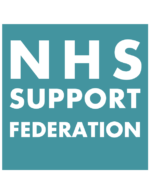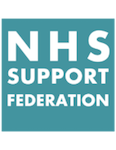How does NHS funding work?

Eg those on over £100,000 pay some of their income at 50% rate of tax, where those earning less than £40,000 pay at the 20% rate of income tax.
National insurance contributions provide nearly 20% of the NHS budget. However, this tax is less fair as the low-paid and young tend to pay a bigger share of their income.
User charges, such as the prescription charge only provide around 1% of the NHS budget.
In Scotland, Wales and Northern Ireland, there are no charges for prescriptions as healthcare is devolved and they can decide how to spend the block grant they get from the UK Treasury.
The downside to funding through general taxation is that the NHS becomes vulnerable to governments that want to restrict public spending and keep taxes low, and this explains why the NHS has endured long periods of underfunding and is less well funded than other similar European countries.

